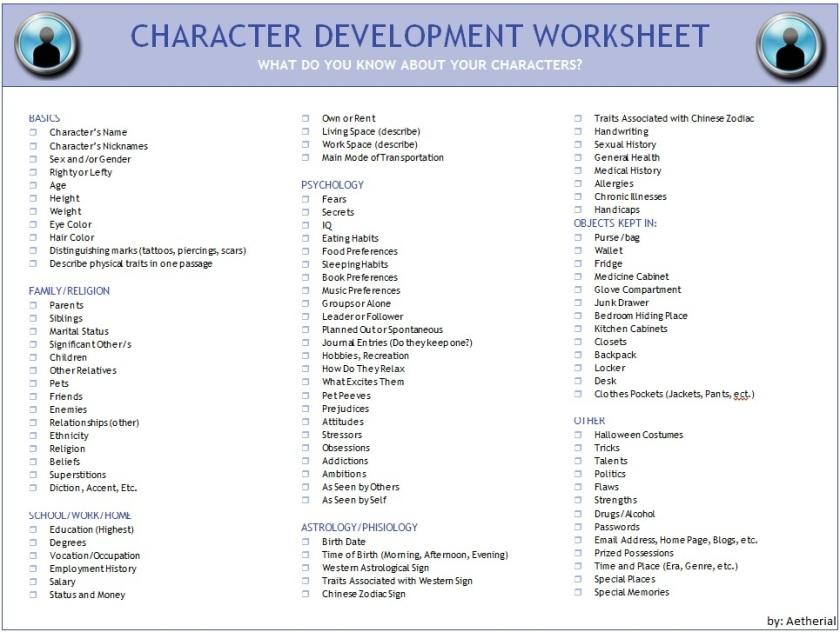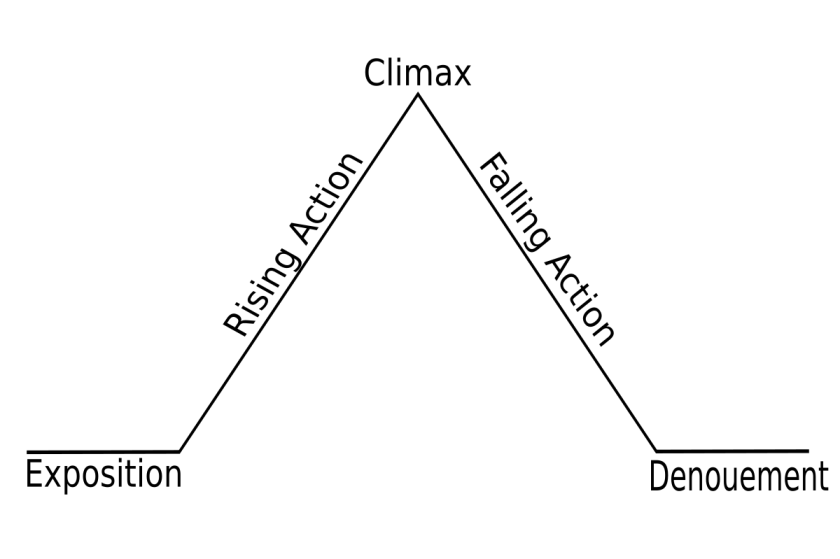I usually start my workday with my usual work tabs and one writing tab open. I use Google Docs so I can easily access my most recent draft at any given time. Whether or not I make any progress really depends on the day.
Take today. Saturday. I work 9am to 5pm and today has been uncharacteristically quiet for a weekend in June. I had a tab open and I had fully intended to write; I’m currently working on a fanfiction and it’s starting to reach the climax so it wasn’t that I was out of ideas. I just couldn’t write. I told myself I had more important things to do.
Which is naturally a lie.
So what do you do in those situations where you fully intend to write but simply can’t? You just don’t.
I know it sounds crazy. Normally people would say you have to force yourself to write. But every time I do that, I end up writing crap and somehow I always forget to delete it and it’ll get published (in the case of fanfictions, at least) or it’ll stay in and I’ll lose all interest in continuing.
Trust me; don’t force yourself to write what you aren’t 100% passionate about.
Instead, put that project aside and focus on a different one. Or a new one. Do something else; organize your Goodreads lists, read something, take a walk and play some Pokemon Go. Just don’t force yourself to write something you don’t love.
Whether you heed my advice or not, just remember to edit your works before posting or publishing. It takes maybe 20 minutes (depending on length or complexity) and can really help you in the end.
As always, stay creative my friends,
Dana



